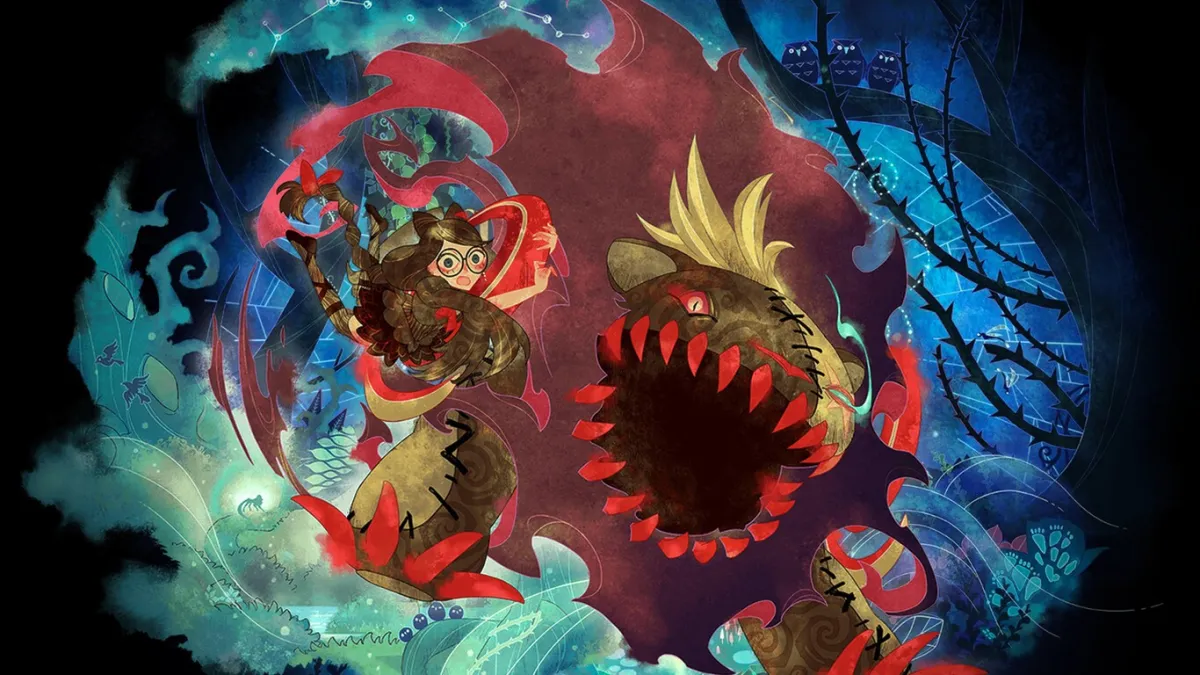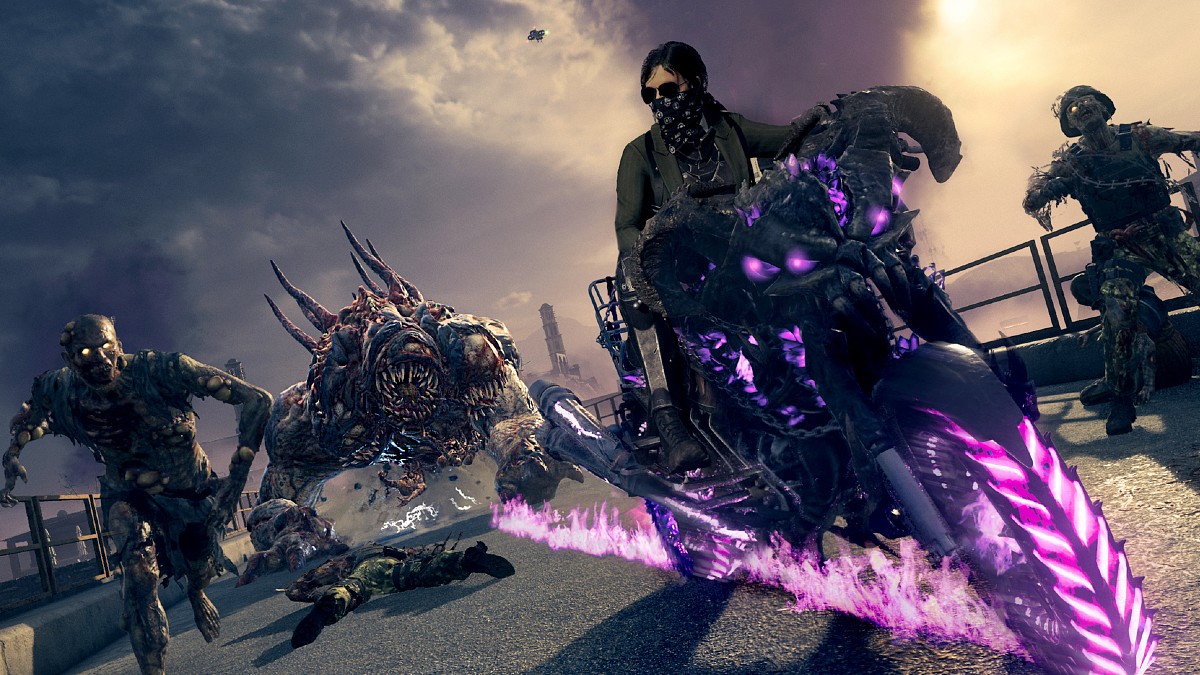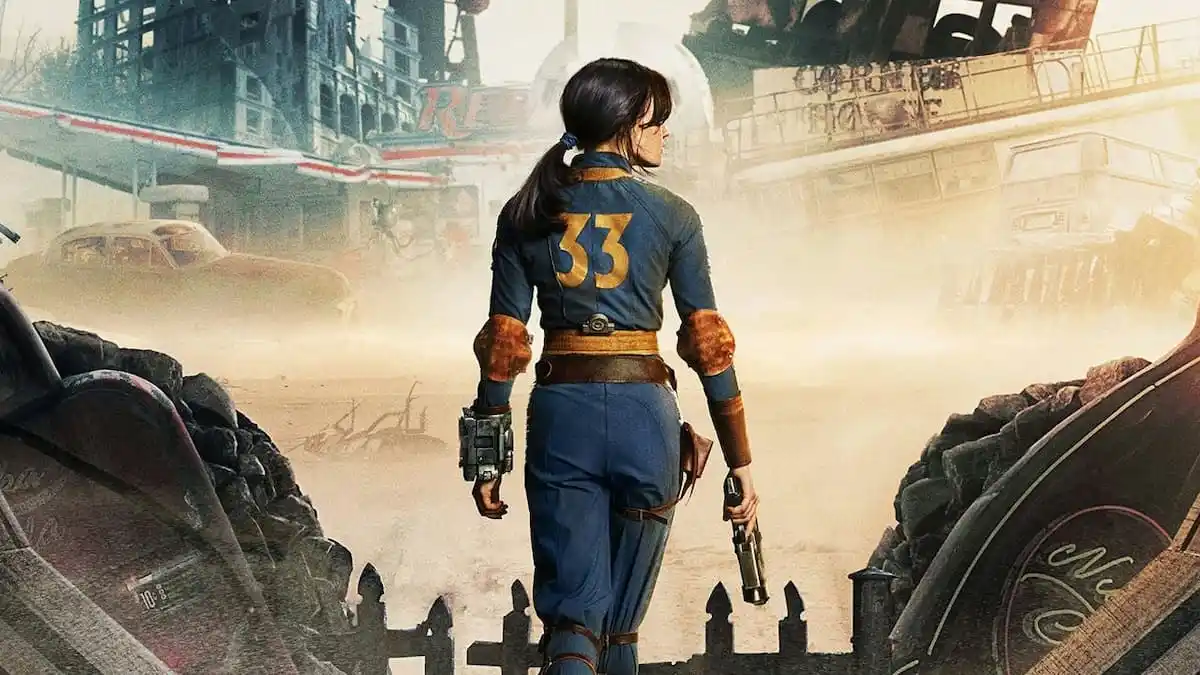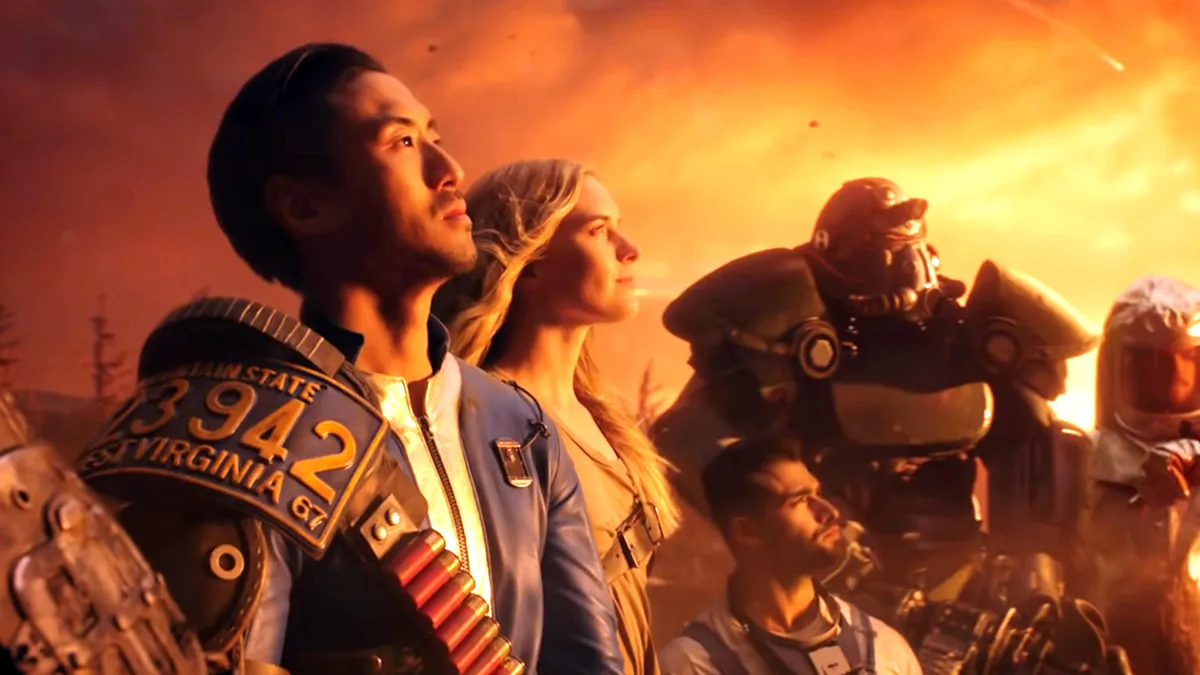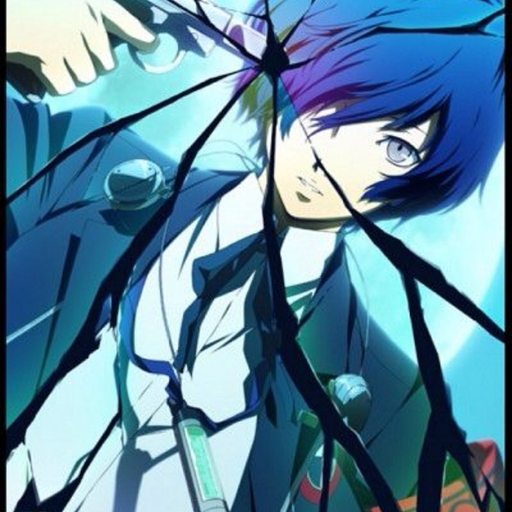Last year, Bayonetta 3 delivered the long-awaited continuation of the action series after eight years of no new original releases. While the game certainly was divisive due to its narrative and structure, it was still a fun time with a lot of content and challenging action that the series is known for. But one of the game’s most puzzling secrets was a post-game unlockable that featured a strange storybook and an adventure section with a radically different art style and presentation. Little did we know that this odd little segment was actually a teaser for the first spinoff in the series, Bayonetta Origins: Cereza and the Lost Demon.
It was pretty obvious just from the teaser that this was going to be something entirely unique from the main series. Yes, the teaser was a departure in style and tone not just because of the visual elements, but also because the demo was decidedly kid-friendly. None of the tons of violence, cursing, and sexualized content that the M-rated franchise is known for was here. The teaser was positively wholesome and quaint, and now that the game has been released, there’s no denying the family-friendly nature of Bayonetta Origins. And I’m kind of in love with how it turned out.
The game stars a young Cereza before she became the Umbra Witch badass we all know her as, flashing back to when she was an Umbra Witch in training. She disobeys her master Morgana and travels into a place called Avalon Forest because of a vision she had from a young boy saying that, if she goes into the forest and finds a magical white wolf, it could help Cereza free her mother Rosa from her imprisonment. A lot of the series staples are still present here, like Cereza’s friendship with Jeanne and plenty of dancing, but it’s all presented in the style of a fairy tale.
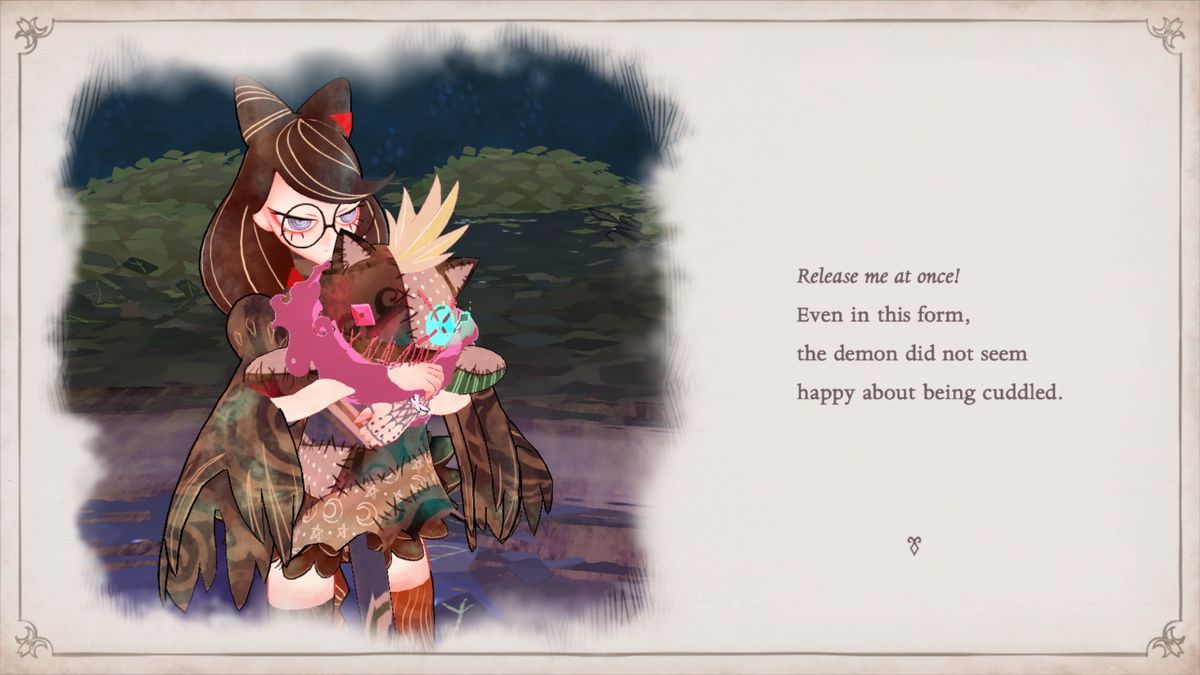
Almost all of the cutscenes feature still images of scenes with limited movement that progress via turning pages. And like any good fairy tale, the entire game has a narrator who reads aloud what’s happening, including narrating your demon companion Cheshire. In fact, the game is a literal fairy tale as it combines numerous elements of Celtic mythology and folklore into it, including making faeries your main adversary. We’re not dealing with angels and demons out to collect Bayonetta’s soul or multiverse-shattering threats. The enemies are cute little mischievous faeries that rarely are presented as dangerous foes but rather almost comical threats.
The main villain, the Faerie King Puca, is shown to be imposing and dangerous in all of his early cutscenes, mimicking virtually every antagonist the series has had so far. But when you actually meet him, he’s a joke that you can’t take seriously, almost in the same way Zant from The Legend of Zelda: Twilight Princess is eventually revealed as being not as intimidating as he clearly thinks he is.
I don’t exactly know what spurred the folks at PlatinumGames to make Bayonetta Origins as kid-friendly as it is (and I question even further if this was a wise move financially), but it does make the game a palate cleanser for the franchise. Making this story more lighthearted after the apocalyptic tale of the third game can lead to a bit of whiplash, but then I remind myself that this isn’t the next main installment; it’s a spinoff that’s meant to be a change of pace.
Sometimes a franchise needs a break from the standard gameplay and style, and if you’re going to make an origin story about a young Bayonetta, then why not make it aimed at younger audiences too? It would have been weird if they decided to keep the hard M rating if it was about a young girl exploring a magical world on her own and had it still retain the gore and violence that has been prevalent throughout the series.
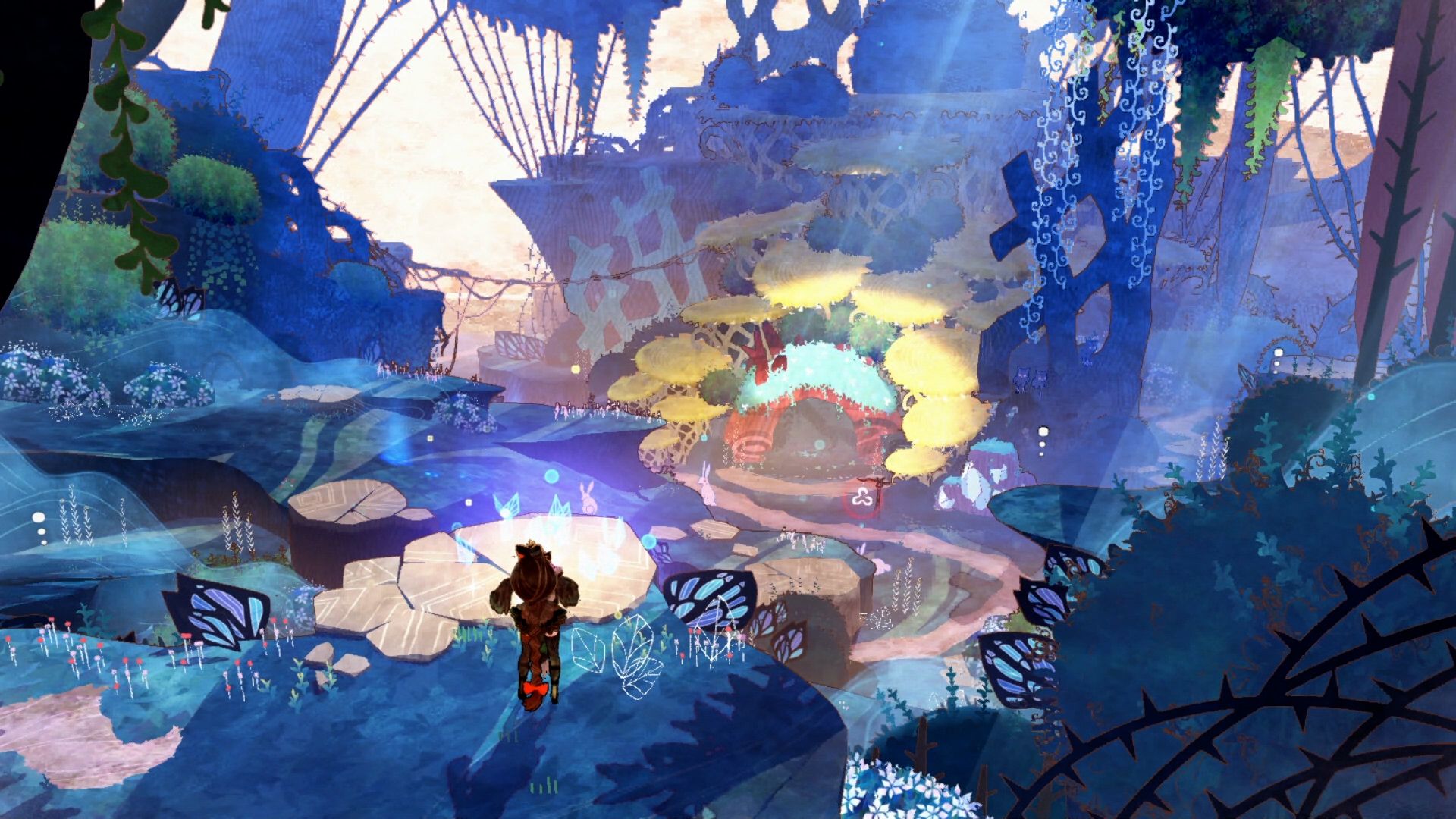
But the secret of Bayonetta Origins is that those ideas are still there, just muted. Despite this being a more family-friendly game, the ESRB gave this game a T rating for animated blood and fantasy violence. However, not once in my 15-hour playthrough did I really notice these bits unless I really thought about it in too much detail. Even then, I quickly pushed them out of my mind in favor of just getting back to exploring Avalon Forest for secrets and collectibles.
Take one of those collectibles in question, the Wisps, the souls of dead children that wander Avalon Forest. About a third of the way through the game, you encounter these little creatures as they are being hunted by the faeries in order to generate magical power. These Wisps are tortured by having nails pierced through their necks and being hung up, with several of the Wisps you rescued having hammers through their skulls, saws in their stomachs, and a whole host of other grisly weapons impaled through their bodies. But the game never remarks on how dark it is. In fact, it’s actually played off as a somewhat silly little situation.
The Wisps never scream in agony as they’re being tortured, and when you do save them, they let out a simple thank you, bow their heads, then warp to a little town where they play with each other and run around without a care in the world. The game even provides a little biography of each Wisp you rescue, which shows their weight and height, usually in relation to the object they were tortured with, like how one Wisp’s height is “all of the darts sticking on him, stacked together.” That should be horrifying, but then his bio says how he uses those darts in his body to play darts himself and it suddenly becomes somewhat charming.
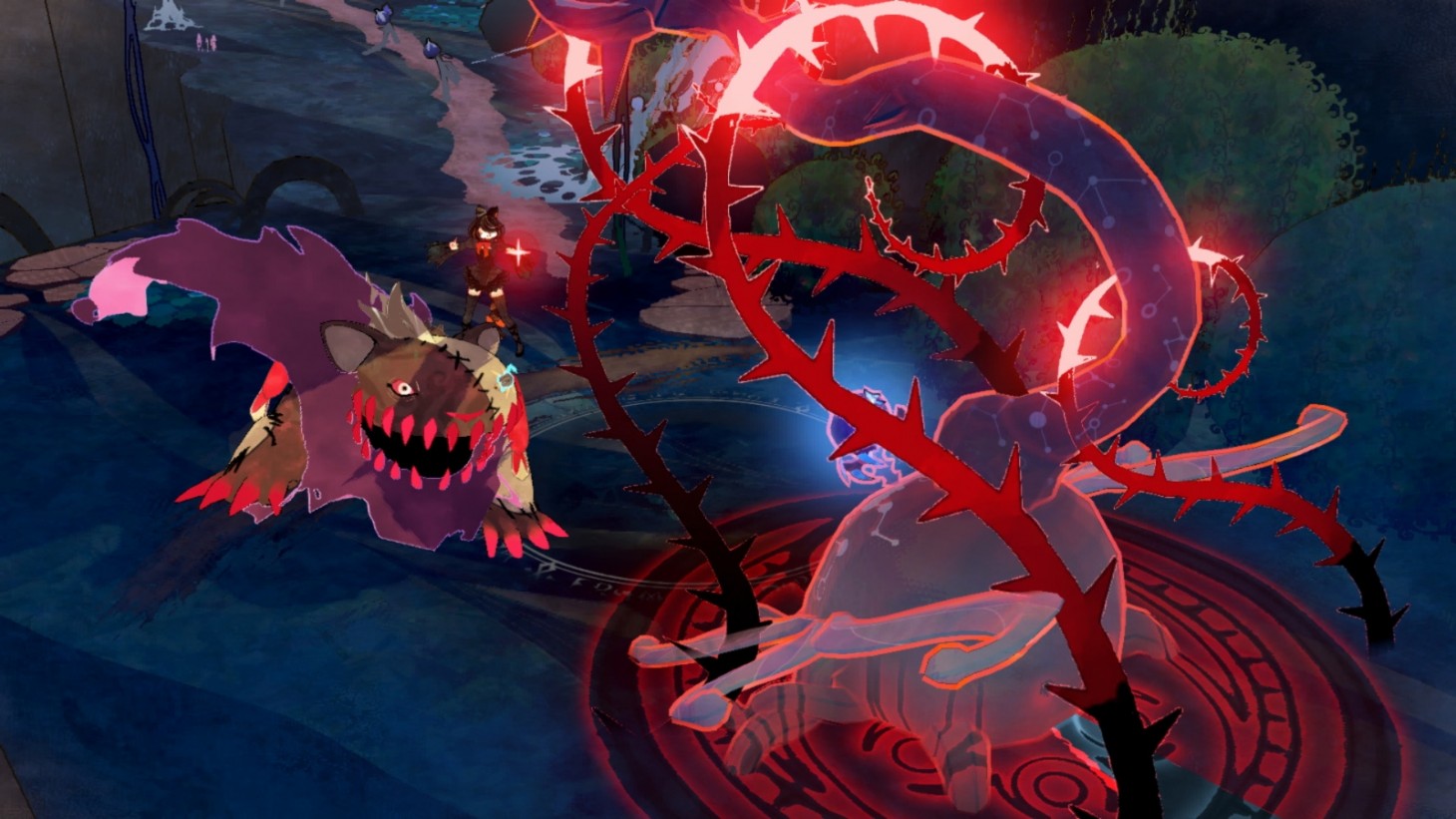
Then you have the Tir na Nog’s challenge rooms that take place inside the faeries’ realm. These rooms all end with Cereza and Cheshire destroying the core of the world, which releases a geyser of blood into the sky. At least, I think it’s blood. It’s never addressed if the world collapses due to this massive release of blood, but it creates a striking visual in a world of blues and greens just to see this torrent of red erupt from the ground. It’s more of a stylized depiction of the world’s collapse, and it’s quickly moved on and forgotten about, with your mind immediately shifting to sailing on lilypads, riding magic trains, or climbing gigantic trees.
The presentation of the horrors in Avalon Forest reminds me of a lot of animated shows like Gravity Falls and especially Over the Garden Wall. Those shows are both cute animated series about exploring and learning more about their respective worlds and learning the dark secrets within them. Those secrets can be disturbing and oftentimes unnerving, but those shows deftly present them as being these surreal and almost fantastical places, something to observe and wonder at. Even when things get especially dark, there’s always a safe place for the characters to return to that recenters them. The same is true of Bayonetta Origins. There may be these little dark moments, but there’s always a safe spot or a pretty vista to have you think about the wonders of the forest instead of its horrors.
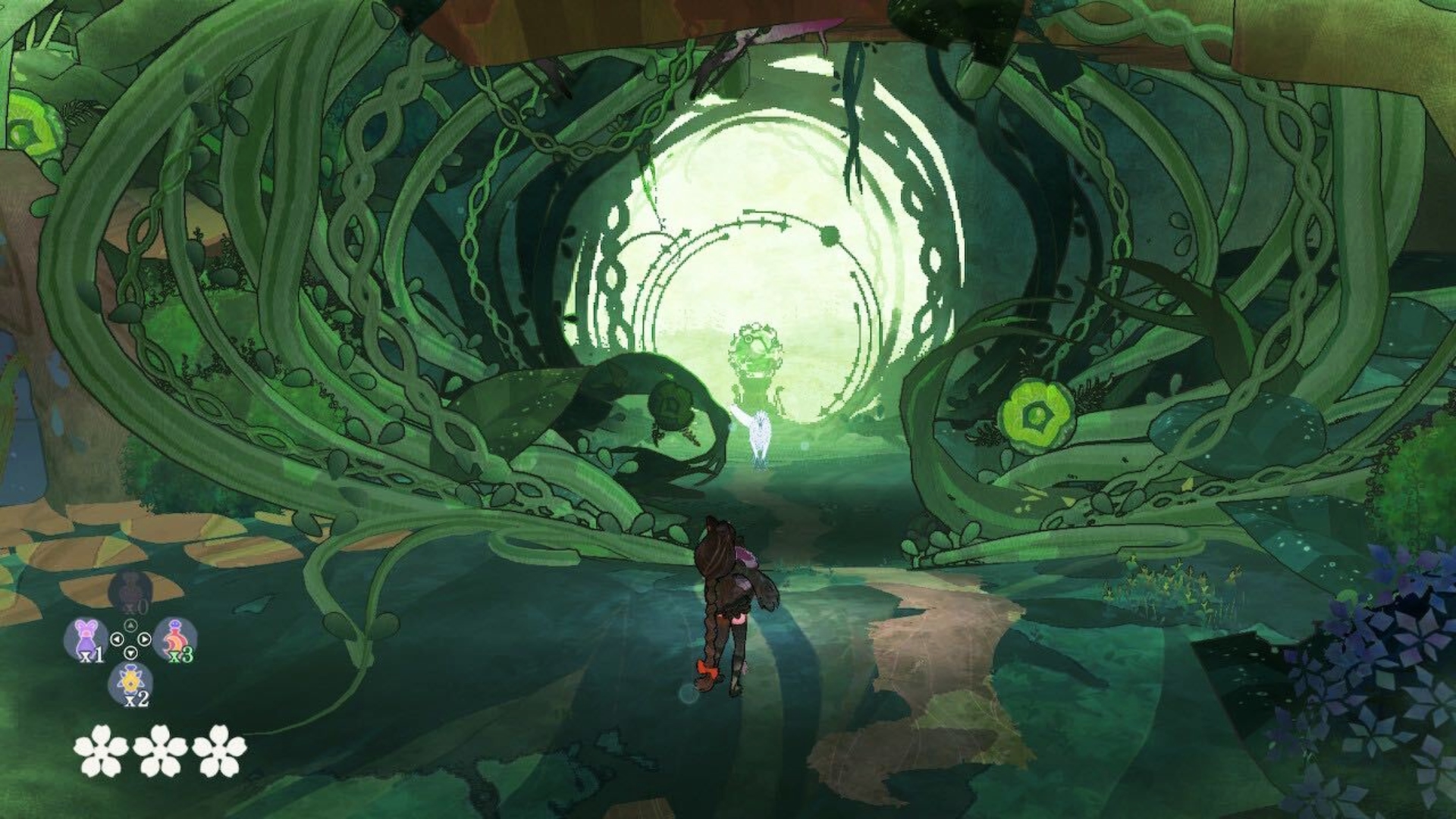
But what sums up the more kid-friendly approach Bayonetta Origins took is probably in the credits. In past games, whenever you beat the game, there was always a dance montage of Bayonetta either pole-dancing or getting into an overtly sexual dance number with several other characters in the game. Bayonetta Origins does feature a dance number at the end, but instead of blaring jazz and pop music, it’s a slow and somber ballet. Bayonetta just dances alone, with the game’s theme playing slowly and other characters then joining her gradually to perform alongside her. The game still features those elements the series is known for, but it recontextualizes them in a way that suits the age demographic of its main character.
Bayonetta Origins: Cereza and the Lost Demon is an odd little game in a lot of ways, but the departure of its mature elements was actually one that I enjoyed. I don’t think I would prefer this direction moving forward for the rest of the series, but as a one-off take on the franchise, it’s a worthy experiment. It tried to make the game something that younger players may get enjoyment from and still retains darker ideas and scenarios for the adults playing. If there are going to be more spinoffs in the franchise, I’d be interested in seeing if they play with the tone and presentation in other ways and seeing how it would work, because as a cute little fairy tale, Bayonetta Origins manages to stand out from the rest of the series.

